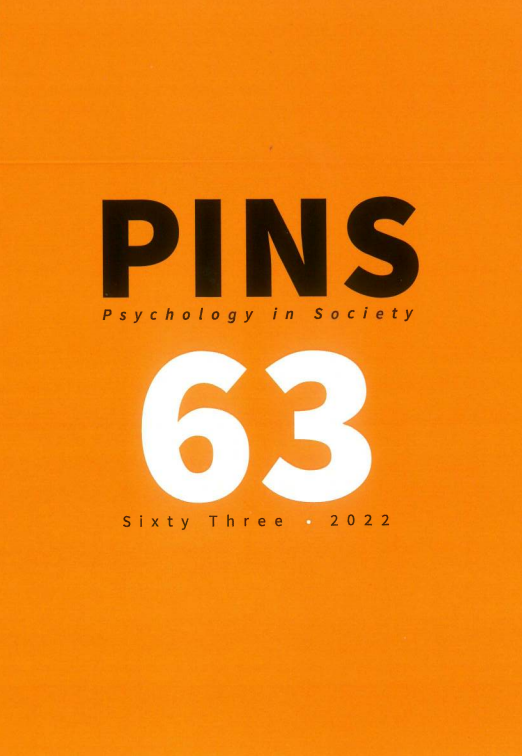The Power Threat Meaning Framework and the Climate and Ecological Crises
DOI:
https://doi.org/10.57157/pins2022Vol63iss1a5444Keywords:
Power Threat Meaning Framework, PMTF, climate anxiety, eco-distress, climate crisis, climate justice, climate denial, climate trauma, eco-anxiety, institutional betrayalAbstract
Climate change poses an existential threat to today’s and future generations. Within this context, important debates are taking place about the risk of individualising and de-contextualising both climate-related distress and denial. Seeking to re-centre context and power, we tentatively share our thoughts on how the Power Threat Meaning Framework (PTMF) might provide a useful lens to understand different responses to climate change. The paper draws on existing research, theory and experiences to elaborate on the domains of the PTMF, which include Power, Threat, Meaning, Threat Responses and Strengths. We focus on ideological and ecological power, with the latter proposed as a new aspect of power to be considered for future iterations of the PTMF. We illustrate how the different domains of the PTMF can be brought together to generate meta-narratives by offering a climate trauma pattern. We hope this article will be of use to activists, academics and professionals in supporting non-pathologising understandings of different reactions to climate breakdown while also suggesting ways to move forward.
Downloads
Downloads
Published
How to Cite
Issue
Section
License
This journal is an open access journal, and the authors' and journal should be properly acknowledged, when works are cited.
Authors may use the publishers version for teaching purposes, in books, theses, dissertations, conferences and conference papers.
A copy of the authors’ publishers version may also be hosted on the following websites:
- Non-commercial personal homepage or blog.
- Institutional webpage.
- Authors Institutional Repository.
The following notice should accompany such a posting on the website: “This is an electronic version of an article published in PINS, Volume XXX, number XXX, pages XXX–XXX”, DOI. Authors should also supply a hyperlink to the original paper or indicate where the original paper (http://www.journals.ac.za/index.php/pins) may be found.
Authors publishers version, affiliated with the Stellenbosch University will be automatically deposited in the University’s’ Institutional Repository SUNScholar.
Articles as a whole, may not be re-published with another journal.
The copyright of the article(s) lies with the author(s).
The copyright of the journal lies with PINS-psychology in Society.
The following license applies:
Attribution CC BY-NC-ND 4.0 - https://creativecommons.org/licenses/by-nc-nd/4.0/

